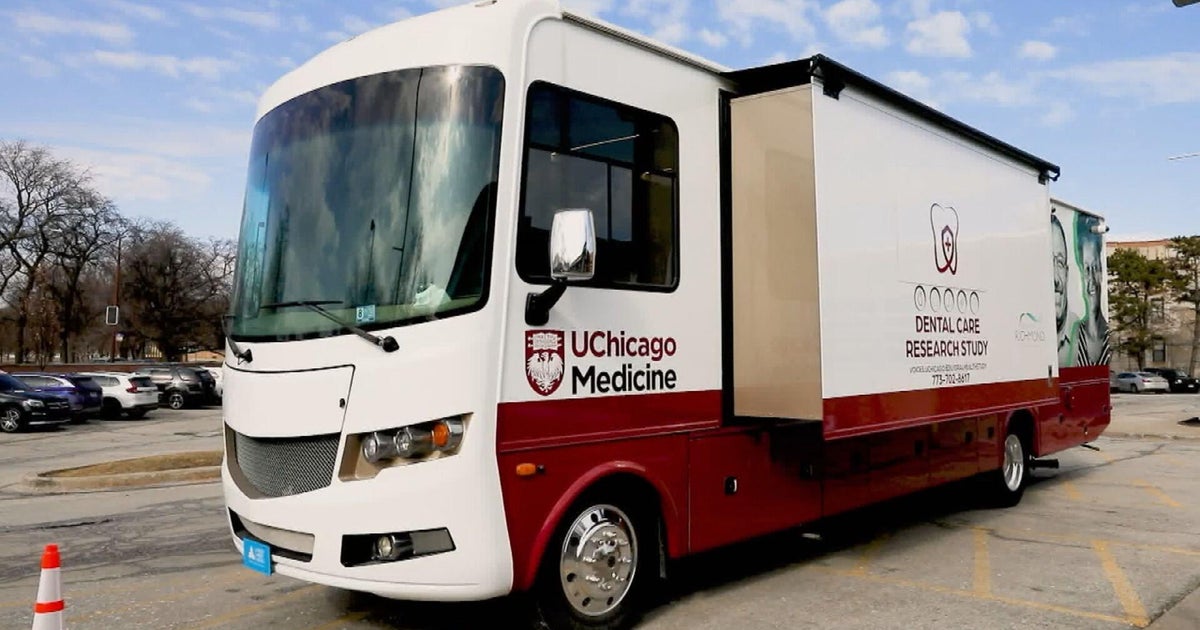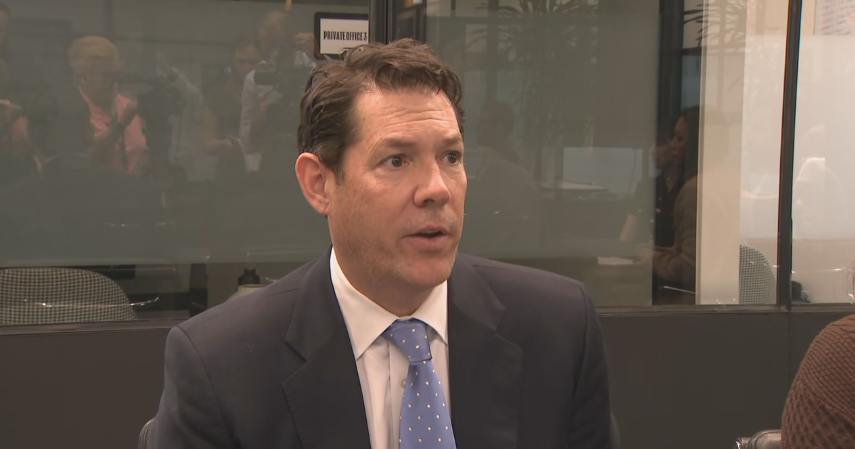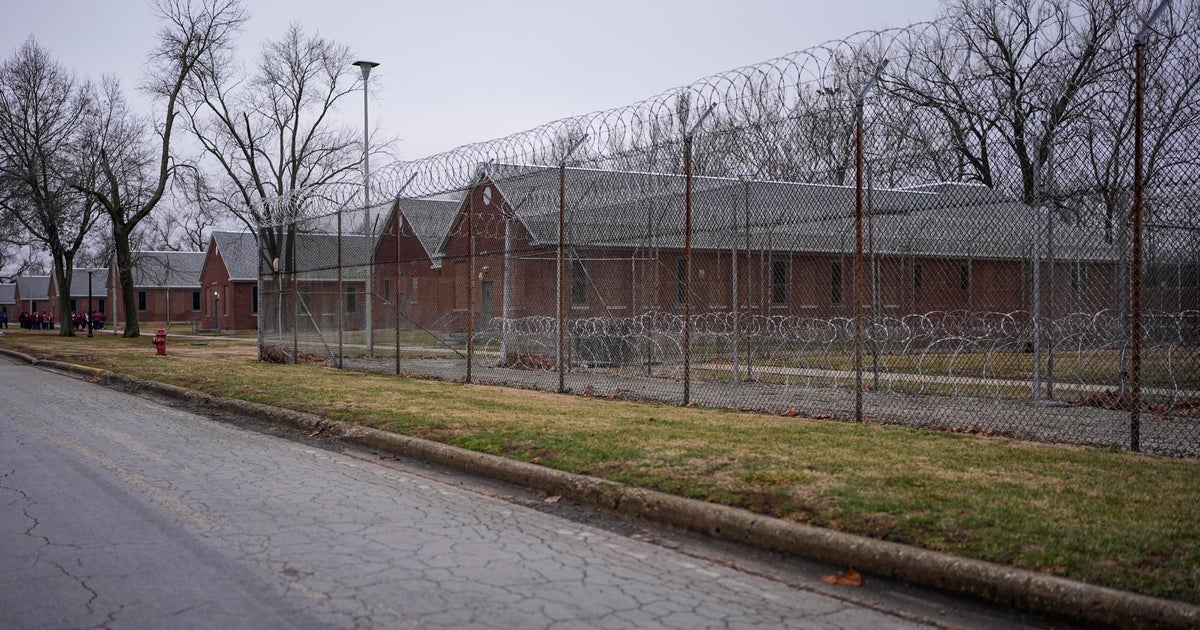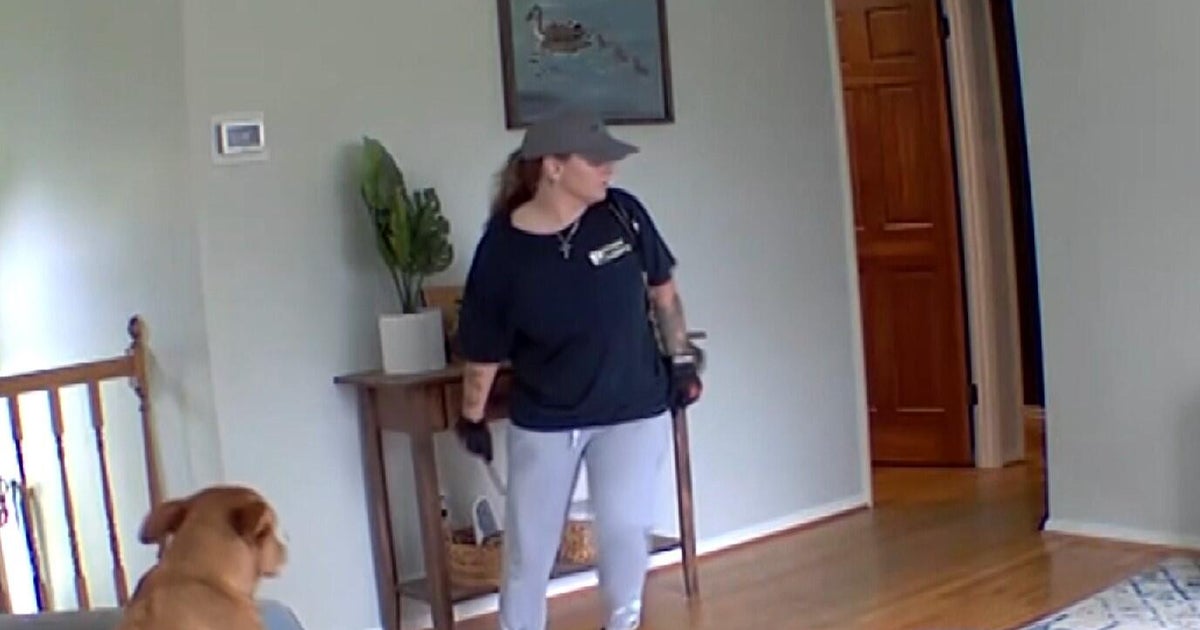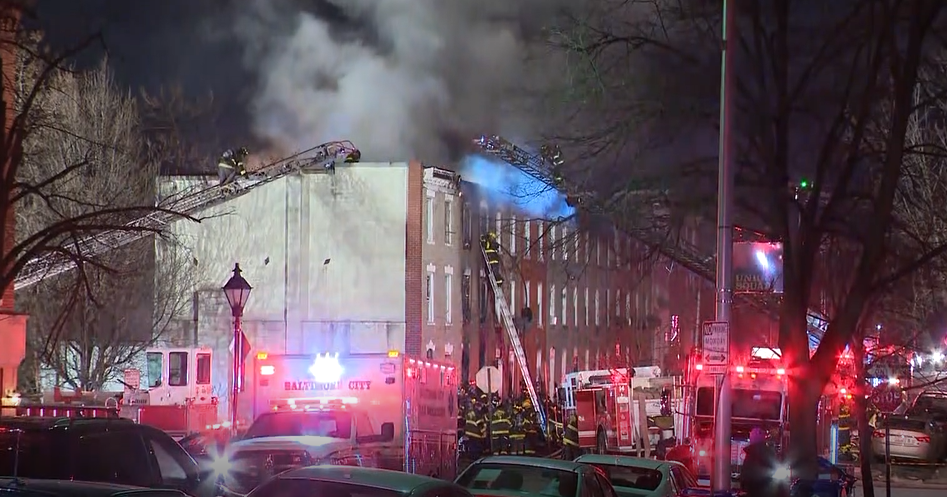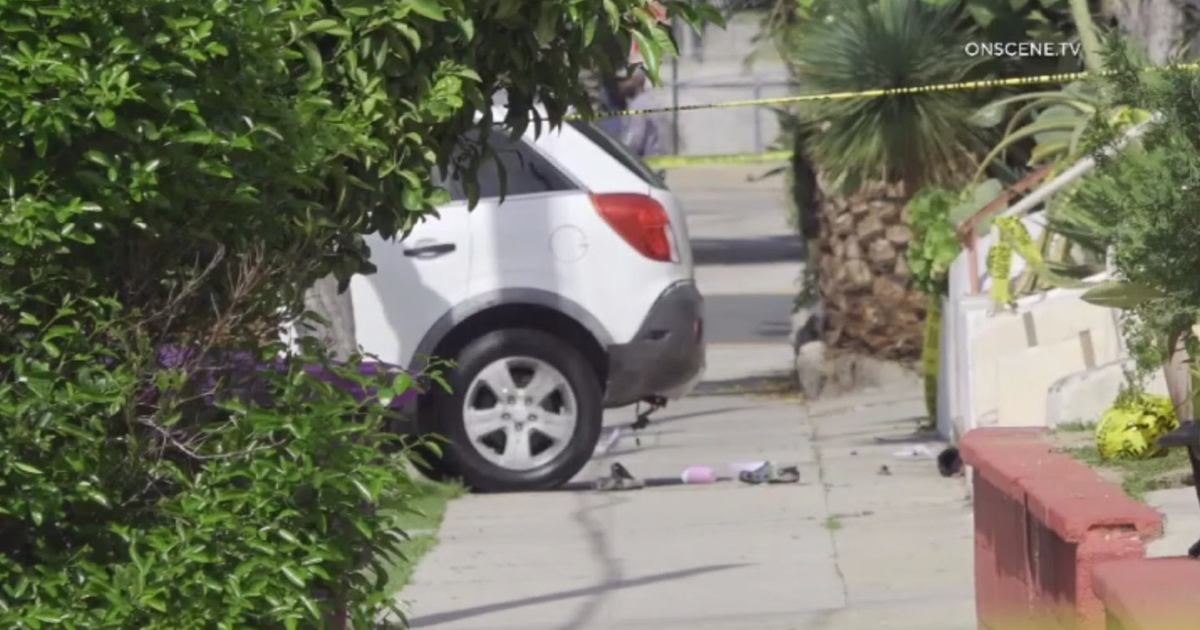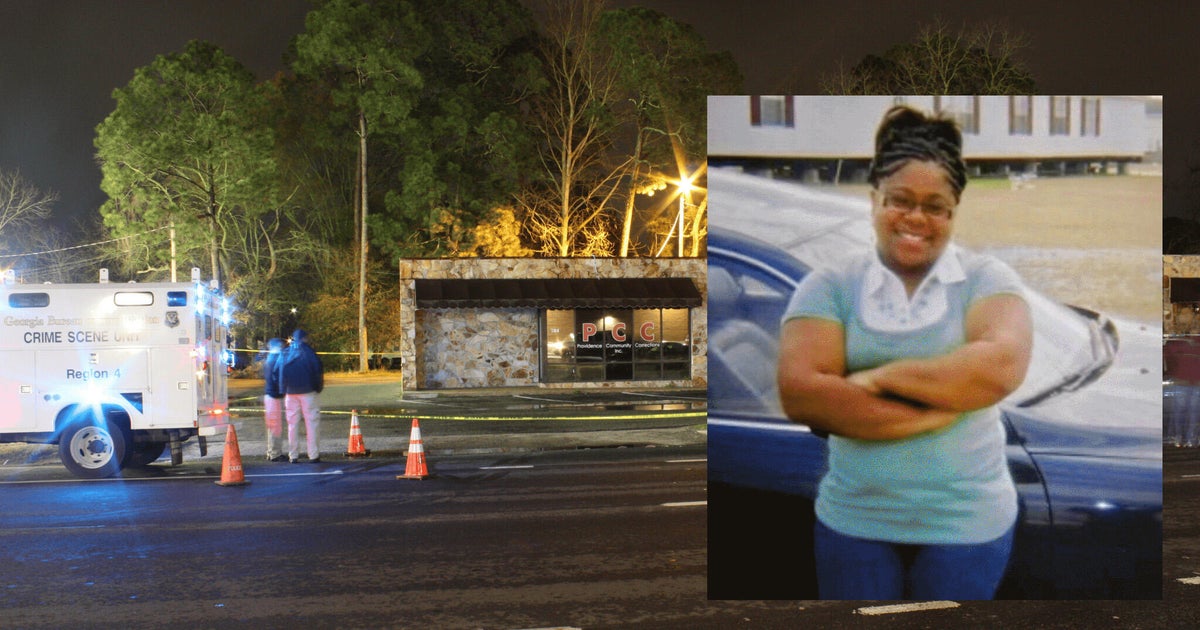Anti-Abortion Grandpa Facing D.C. Clinic Lawsuit
WASHINGTON (AP) -- Dick Retta stands outside a Planned Parenthood clinic in downtown Washington three days a week, trying to persuade pregnant women not to get abortions. The 80-year-old grandfather has been coming to the clinic for eight years and said he's personally persuaded over 400 women to leave this clinic and others.
Retta says his approach is friendly, gentle and loving. Government lawyers portray him differently, calling him "among the most vocal and aggressive anti-abortion protestors" outside the clinic.
In court documents, they say he routinely follows patients entering the building and yells at them as the clinic door closes. Last year he physically blocked a woman from entering the clinic, shouting at her not to kill her baby, they say.
As a result they sued Retta over last year's incident, using a 1994 law that makes it a crime to intimidate or interfere with
someone obtaining reproductive health services. He is one of a handful of people nationwide charged every year under the law. Lawyers for the government and Retta have a meeting before a judge Thursday to see if they can come to an agreement in the case, but it's unclear how likely that is.
"They'd like to get rid of me," said Retta, who acknowledges he's persistent and assertive with his message but denies ever
blocking access to the clinic.
The Rockville, Md., resident attends Mass daily at a Roman Catholic church. He first began going to abortion clinics, which he calls "abortion mills," in 1998. He was recently retired and saw a note in a church paper inviting people to pray there. At first, he just prayed, but a few years later he took a class on what he calls "sidewalk counseling," approaching women entering clinics.
He found he was good at it, he said, and soon he was a regular outside area clinics.
These days he spends Wednesday, Thursday and Saturday mornings outside Planned Parenthood's clinic three blocks north of the White House. He still prays, with a rosary of blue and pink beads and tiny white hearts, but he's also watching for women who look as though they may be coming for an abortion. The telltale signs, he says, are arriving with a man or wearing loose-fitting clothing.
His standard practice, he says, is to approach with the greeting, "Morning, ma'am, can I give you some information?"
Then, walking with them, he might say "if you're pregnant, we have help for you" or "abortions are dangerous, women can die."
He may offer one of several anti-abortion fliers. He says he has 15 or 20 seconds to get his message out before the women get inside the clinic. But if they take a flier, sometimes they'll read it inside and come out, he said. Other times they stop to talk.
"It's very rewarding," Retta said of the times when a pregnant woman decides to leave. In those cases he gives her a gift: a pair of baby booties.
Fairly often, though, people get angry. Sometimes women tell him to back off or go away. He's been spit on and had fliers knocked out of his hands, he said. Once, a woman blasted him with pepper spray.
He says he's also often jostled by volunteers who stand on the sidewalk wearing tops that say "pro-choice clinic escort." Their job is to ensure access for anyone who wants to visit the clinic, whether it's to get an abortion or other services including gynecological exams, screenings for sexually transmitted diseases or contraception.
But lawyers for the government argue Retta was the aggressor in January of last year when he blocked a patient from entering the clinic, weaving in front of her as she tried to walk around him. Court documents say it took several people to help the woman inside and that Retta made her entrance unreasonably difficult and hazardous.
"Don't go in there. Don't let them kill your baby," court papers say Retta shouted.
He was sued under the Freedom of Access to Clinic Entrances Act. The U.S. Department of Justice, which brought the case against Retta in federal court in Washington, declined to comment on the case as is standard practice in ongoing cases.
In court papers, lawyers for the government asked that Retta be fined and prohibited from getting within 20 feet of the clinic's outside gate. A spokeswoman for the local Planned Parenthood clinic also declined to comment because the case is ongoing.
Retta's lawyer, Jim Henderson, denies in court documents that Retta blocked the woman from entering the clinic. She had approached Retta for help, he wrote, and volunteers were leading her into the clinic against her wishes. He said Retta didn't shout or yell but said to the woman, "don't let them force you to have an abortion," a statement protected by the First Amendment to the Constitution.
Henderson said in a telephone interview Wednesday that the Justice Department under President Barack Obama seems to have an increased interest in litigating similar cases, with a four others filed in 2011 but none between 1999 and 2006, according to government statistics.
"These are all political cases as far as I can tell," Henderson said.
In a statement, the Department of Justice said it makes decisions about pursuing cases "based on the facts presented
during our investigations and the applicable federal laws."
"We uphold the First Amendment right to protest while also upholding the law prohibiting intentional interference with
reproductive health services," the statement said.
For his part, Retta says he'll continue standing outside the clinic whatever the outcome.
"I can't imagine not coming here," he said.
(Copyright 2012 by The Associated Press. All Rights Reserved.)
